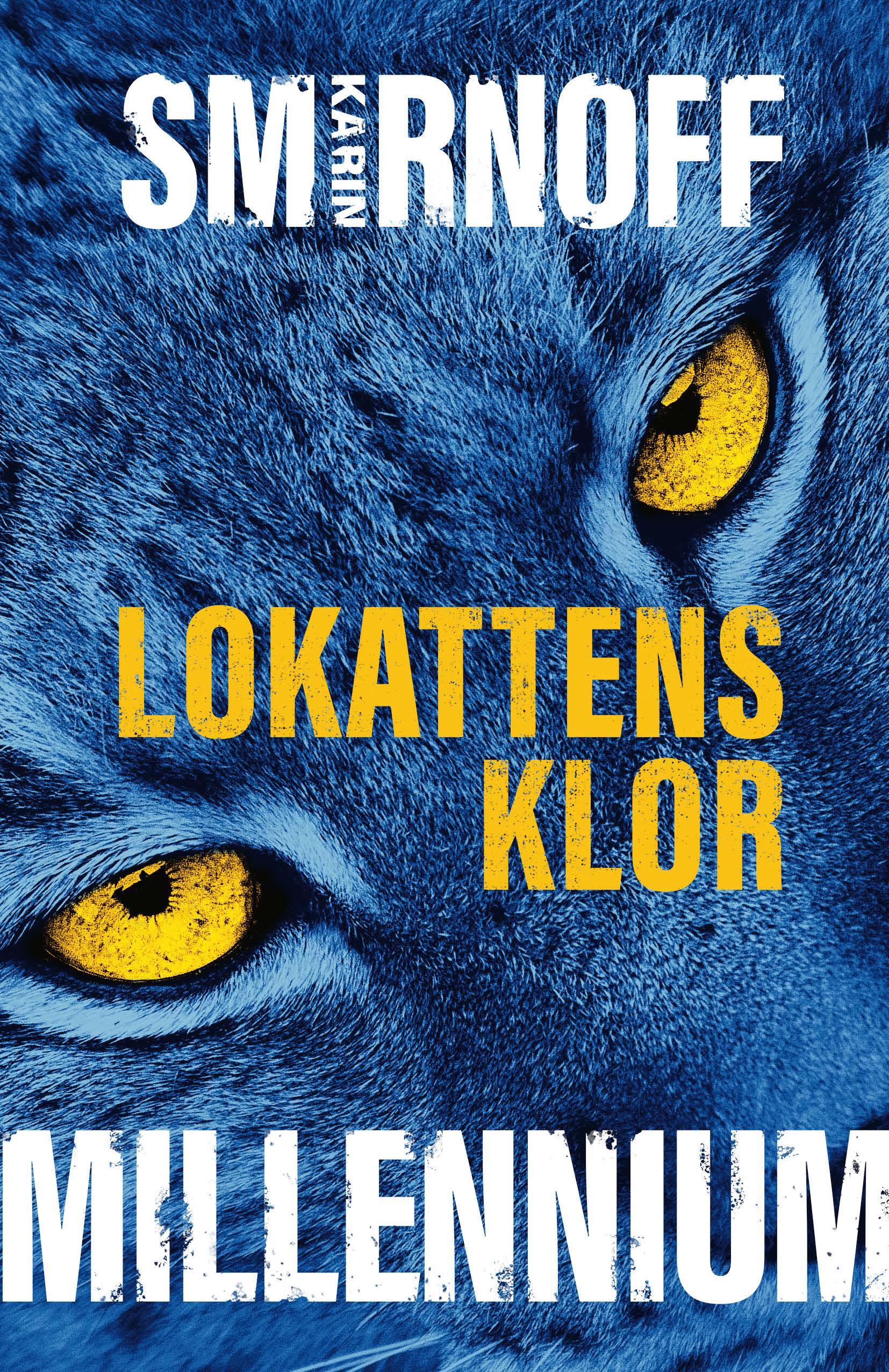
The Millennium series once defined a generation of readers. Stieg Larsson’s original trilogy was bold, politically charged, and unforgettably raw, anchored by the enigmatic Lisbeth Salander and the moral journalist Mikael Blomkvist. But with Lokattens Klor (The Lynx’s Claws), the eighth installment written by Karin Smirnoff, the saga seems to have lost much of its former brilliance.
A Story of Corruption, Greed, and Exploitation
Set in the stark landscapes of northern Sweden, Lokattens Klor dives into a world where international corporations, environmental exploitation, and corruption collide. A mining entrepreneur is found murdered, triggering a web of political and criminal intrigue. Mikael Blomkvist travels north, seeking both proximity to his daughter and a new investigative story that could shake powerful institutions. Meanwhile, Lisbeth Salander finds herself cornered by the underworld, her hacker ally Plague missing, and her niece Svala caught in a deadly chase.
It’s an ambitious setup, rich with potential: industrial greed, environmental activism, and the clash between capitalism and justice. Yet the execution feels uneven.
Svala Takes the Stage
One of the most intriguing aspects of the novel is Svala, Lisbeth’s teenage niece. Intelligent, rebellious, and morally complex, she offers a glimpse of what the future of the series might look like. Svala interns at a local newspaper, becomes entangled with a group of environmental activists, and soon faces forces far darker than she imagined.
Her character carries the kind of cold brilliance that once defined Lisbeth. As several readers have pointed out, it’s possible that Smirnoff is setting the stage for a new generation of Millennium heroines. Still, this shift leaves long-time fans conflicted because while Svala is promising, Lisbeth herself feels distant, almost absent.
The Missing Fire of Lisbeth Salander
Lisbeth Salander once symbolized rage, defiance, and intellect sharpened into vengeance. In this installment, she fades into the background, reduced to sporadic appearances and overshadowed by new characters. Mikael Blomkvist, too, feels underused, his sharp investigative instincts dulled by a fragmented narrative.
Many fans have expressed frustration that the essence of Larsson’s creation seems diluted. The fast-paced plot, though filled with action and violence, often lacks emotional weight. Without Lisbeth’s commanding presence, Lokattens Klor struggles to capture the electricity that once made Millennium a global phenomenon.
A Story That Runs but Rarely Soars
Karin Smirnoff writes with energy, and her world is undeniably vivid. There are scenes that thrill, moments that shock, and glimpses of what the Millennium saga could be in a modern, climate-conscious age. However, the prose can feel clumsy at times, with abrupt transitions and incomplete ideas. The dialogue occasionally slips into awkward phrasing, perhaps the result of translation, but it contributes to a sense of detachment.
Despite these flaws, the book remains engaging for readers eager to follow the thread of Lisbeth’s world. There are murders to solve, conspiracies to untangle, and just enough suspense to keep the pages turning.
The Verdict
Lokattens Klor is a fast-paced but uneven continuation of the Millennium series. It offers intriguing themes environmental exploitation, activism, and corporate corruption but struggles to capture the emotional and intellectual intensity that once defined these characters.
Svala’s emergence as a potential new protagonist hints at a changing of the guard, but for many, this installment confirms what fans have long suspected: without Stieg Larsson, the Millennium world isn’t quite the same.
⭐ Rating: 3/5
If you want to continue following the evolving saga of Lisbeth Salander and discover where the story goes next, grab your copy here:
👉 Buy Lokattens Klor on Amazon


